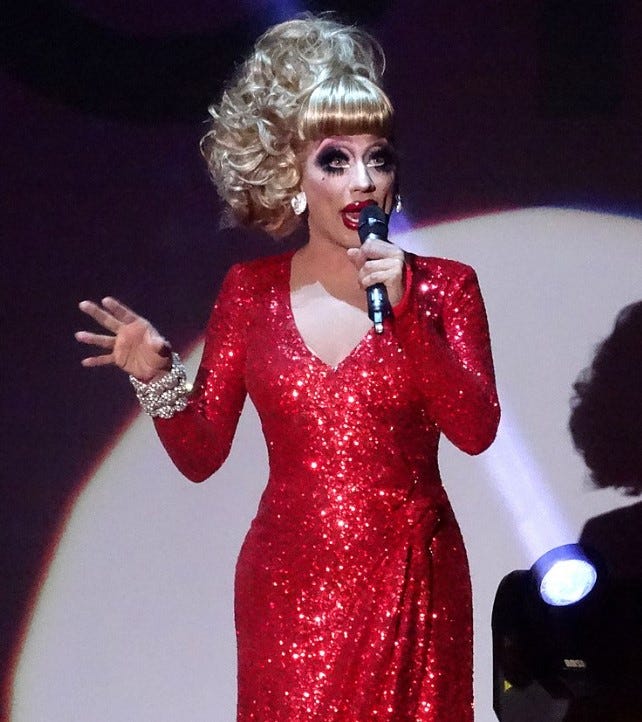Are Drag Shows Like Blackface?
College President has a point when he equates drag queens with black face entertainers. He refuses to host a drag show at West Texas A&M University.
Ed. Note:
The legal machinations in the case, which involved a proposed drag show at West Texas A&M University, came to a halt on January 2026 when the Fifth Circuit Court of Appeals cancelled scheduled oral arguments scheduled in the case. The court said the appeal by a student organization, Spectrum WT, is now moot.
Earlier, a three-judge panel, in a …


